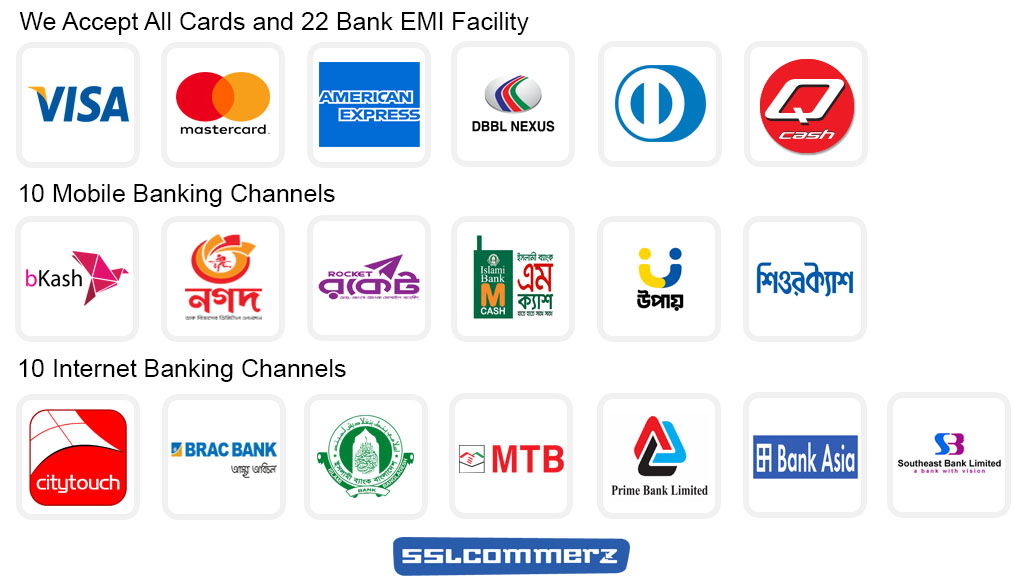Docker and Kubernetes Administrator (DKA)
This course covers the essential skills to deploy, manage, and scale containerized applications using Docker and Kubernetes. Students will learn about Docker’s architecture, how to deploy containers, and how Kubernetes orchestrates these containers for high availability, scalability, and management in cloud-native environments.
Course Objectives
- Understand Docker architecture, create/manage containers, and work with Docker images.
- Deploy and manage applications with Docker and Kubernetes.
- Scale applications, manage networking, and implement storage solutions in Kubernetes.
- Monitor, troubleshoot, and apply security best practices in Kubernetes clusters.
- Automate workflows using CI/CD pipelines.
Target Audience
- System Administrators,
- DevOps Engineers,
- Cloud Engineers, and Software Developers interested in containerization and orchestration.
Pre-requisites
- Basic knowledge of Linux/Unix commands.
- Familiarity with programming or scripting (optional but helpful).
Course Summary
Course Fee
৳ 15,000
Training Method
Offline/Online
Total Modules
15
Course Duration
40 Hours
Total Session
20
Class Duration
2 Hours

Details Course Outlines
Module-01
Introduction to Containers and Docker
- Infrastructure Stack & Technological Transform
- Virtualization Technologies & Architectural Overview
- Overview Microservices: Container & Docker
- Basic Docker Commands
Module-02
Docker Images
- Docker Images vs. Containers
- Building Docker Images
- Dockerfile basics
- Best practices for writing Dockerfiles
- Docker Public & Private Repo
Module-03
Docker Networking,Volumes and Storage
- Docker Networking Overview
- Default Bridge Networks
- Host and Overlay Networks
- Managing Data in Docker
- Docker Volumes
- Host Path Mounts
Module-04
Docker Compose
- Introduction to Docker Compose
- Dening services in a docker-compose.yml file
- Multi-container applications
- Docker Registry (Docker Hub)
- Docker Security Best Practices
Module-05
Introduction to Kubernetes
- What is Kubernetes?
- Docker Swarm vs. Kubernetes
- Kubernetes architecture and components
- Kubernetes installation and configuration
- Adding Kubernetes Masters and Worker Nodes
- Managing a Highly-available Kubernetes Cluster
Module-06
Cluster Architecture, Installation & Configuration
- Role-based access control (RBAC)
- Installation with Kubeadm
- Version upgrades and cluster management
- Scaling and rolling updates
- Managing ConfigMaps and Secrets
- Networking configurations
Module-07
Workloads & Scheduling
- Pod, containers, and deployments
- Label selectors and scheduling
- Taints, tolerations, and affinity
Module-08
Services & Networking
- ClusterIP, NodePort, LoadBalancer service types
- Ingress controllers and DNS configuration
- Connectivity between Pods
Module-09
Storage
- Storage classes and persistent volumes
- Volume access modes and reclaim policies
- Persistent volume claims
- Application configuration with persistent storage
Module-10
RBAC Authorization & ServiceAccounts
- API Groups
- Role and RoleBinding
- ServiceAccounts
- ConfigMaps and Secrets in Pods
Module-11
Networking and Security
- Cluster node network configuration
- Service networking
- CNI and Pod networking
- Securing hosts and Kubernetes
- Authentication & authorization
- TLS certificates management
- Security contexts and network policies
Module-12
Cluster Maintenance
- Cluster upgrade processes
- Backup and restore methodologies
- etcd backup and restore
Module-13
Logging, monitoring
- Monitoring applications and cluster components
- Managing logs
- Kubernetes dashboard and metric server
Module-14
Troubleshooting, Network Policy and Helm Chart
- Troubleshooting application, control plane, and worker node failures
- Networking issues
- Ingress and Egress policies
- Default policies
- Installing Helm on Kubernetes
- Initializing Helm Chart Repository
Module-15
Real-World Kubernetes Use Cases
- Deploy production grade three real projects
